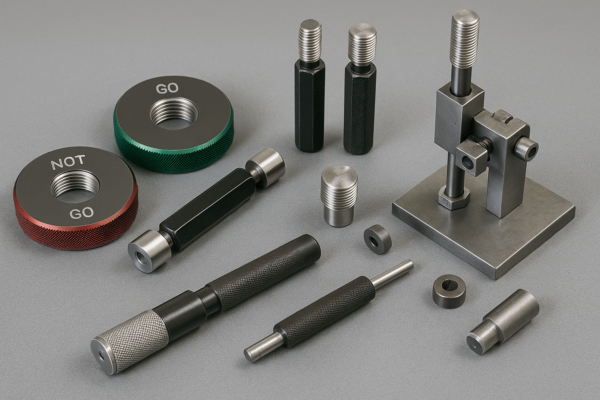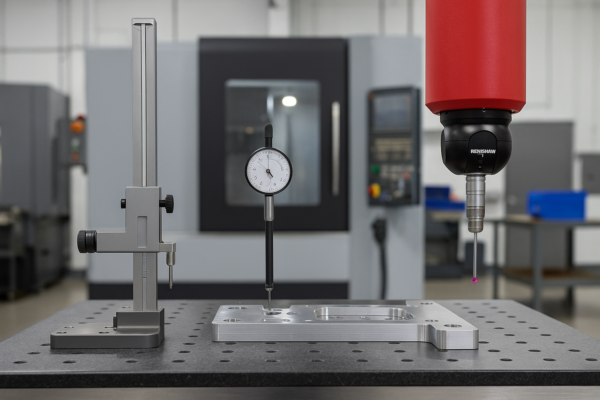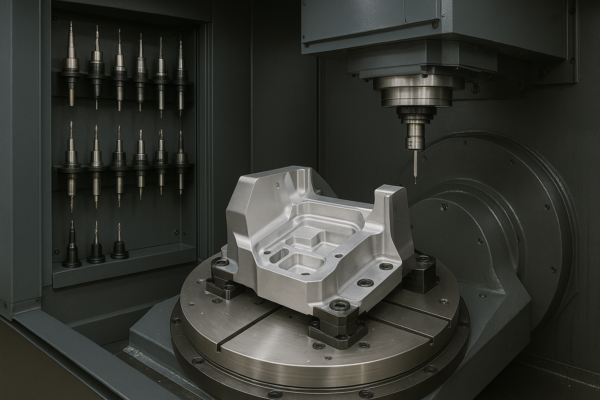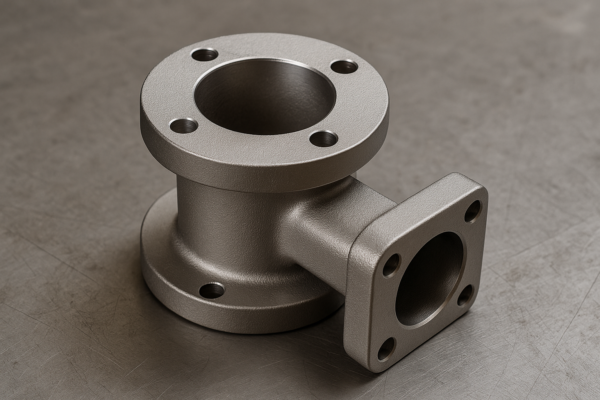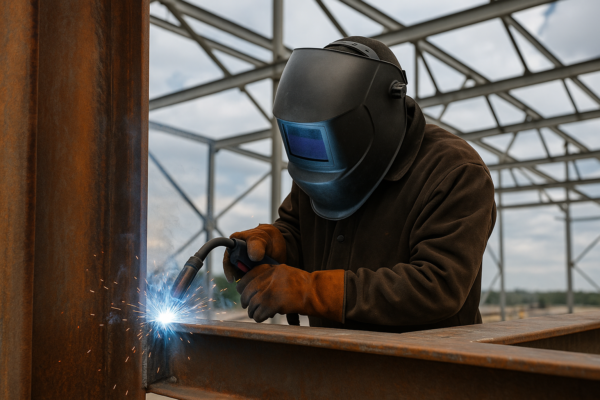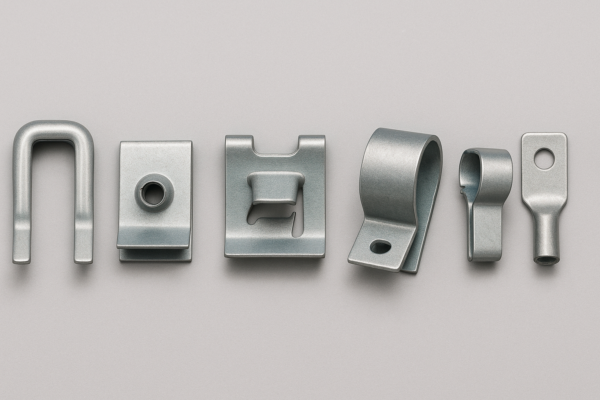What are surface treatments and finishes?
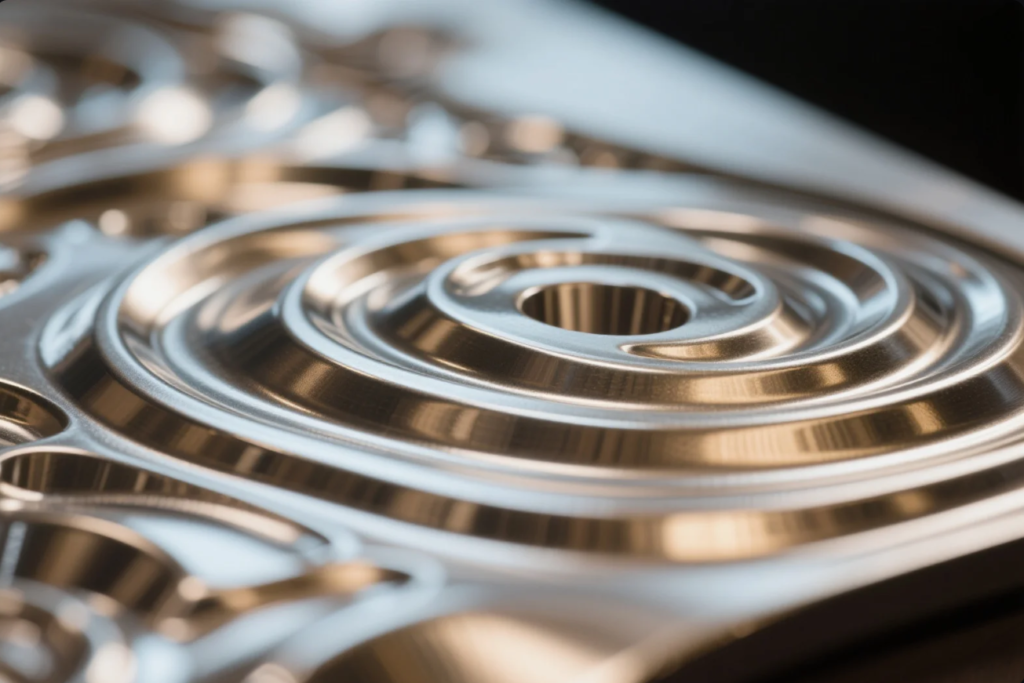
Raw parts often aren’t ready for use—they need the right surface to resist corrosion, fit precisely, and look professional.
Surface treatments and finishes refer to processes that modify or enhance the exterior of a part for protection, function, or appearance.
This guide explains the difference between treatment and finishing, provides real-world examples, and helps you choose the right method for your application—from industrial parts to medical components.
What is an example of a surface treatment?
Surface treatment enhances material properties like adhesion, corrosion resistance, or hardness.
A common example of surface treatment is anodizing, which strengthens and colors aluminum parts.
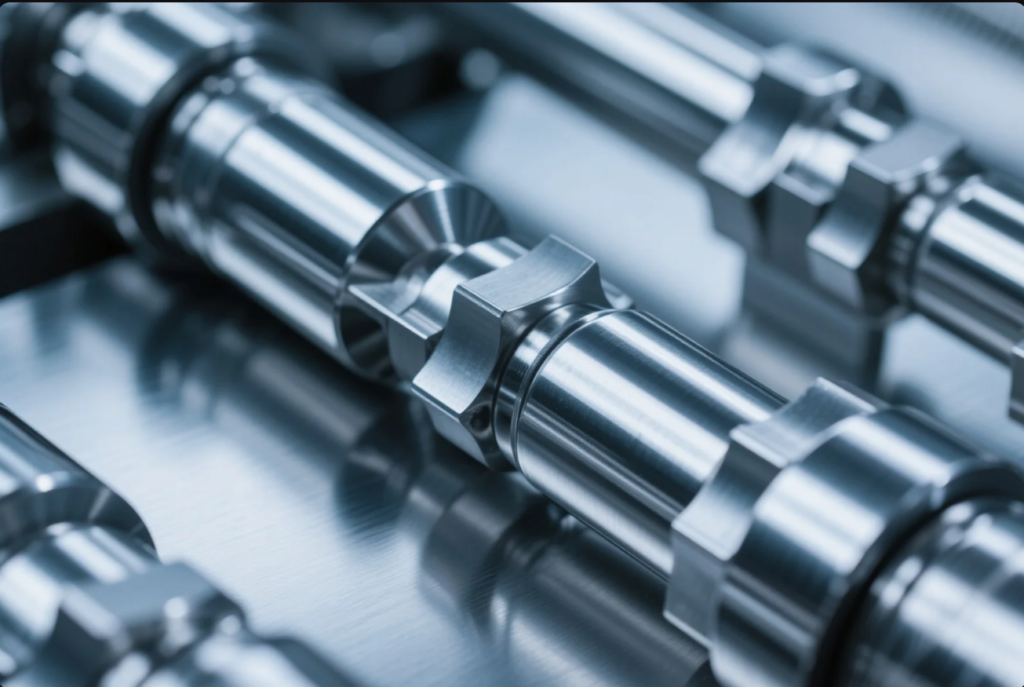
Why anodizing is widely used
Anodizing creates a protective oxide layer. It’s used in aerospace, consumer electronics, and tools due to its durability and clean finish.
| Feature | Benefit |
|---|---|
| Wear Resistance | Reduces surface damage |
| Color Stability | Doesn’t peel like paint |
| Non-Conductive Layer | Useful for electronics |
| Eco-Friendly Process | No VOCs, recyclable output |
At Prime, we anodize precision CNC aluminum parts in a variety of finishes and colors—meeting aesthetic and performance needs.
What are examples of surface finishes?
Surface finishes define the texture, gloss, and feel of a part.
Common surface finishes include brushed, polished, powder coated, and matte textured surfaces.
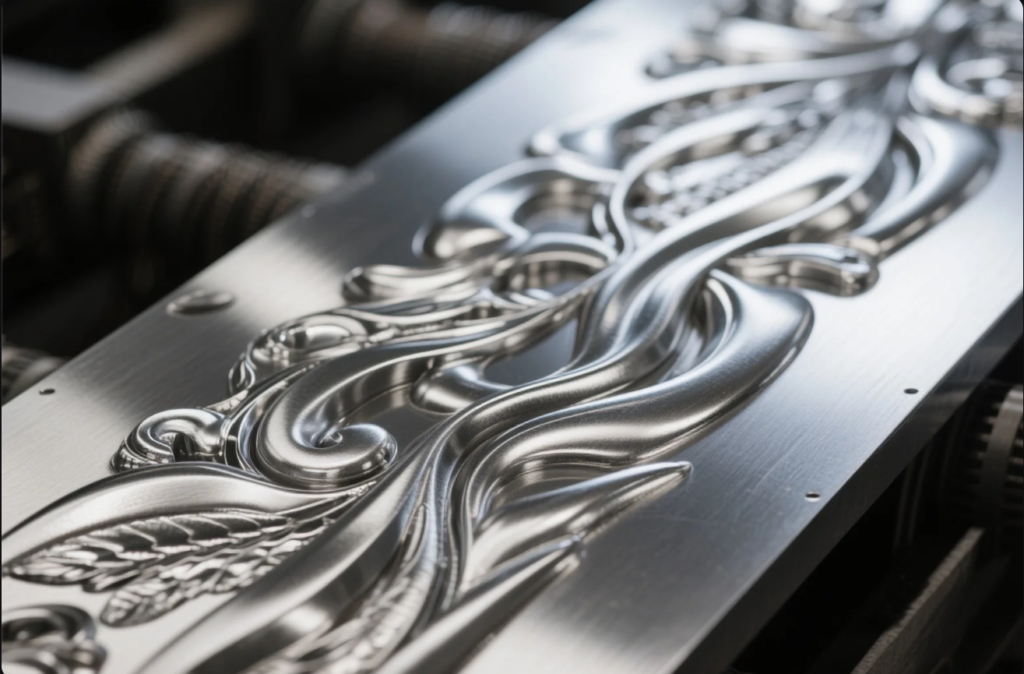
Surface finish options by industry
| Finish Type | Appearance | Typical Use |
|---|---|---|
| Brushed | Matte with fine lines | Appliances, enclosures |
| Polished | Glossy, mirror-like | Automotive trim, jewelry |
| Powder Coated | Smooth, colored coat | Industrial machinery, electronics |
| Bead Blasted | Uniform matte texture | Tooling, handles, fasteners |
We offer all of these at Prime, along with custom Ra surface roughness targets for parts used in mechanical assemblies, medical devices, and consumer products.
What is meant by surface finishing?
Finishing is the final step before a part is ready for assembly or delivery.
Surface finishing refers to any process that improves the surface condition, appearance, or function of a component.
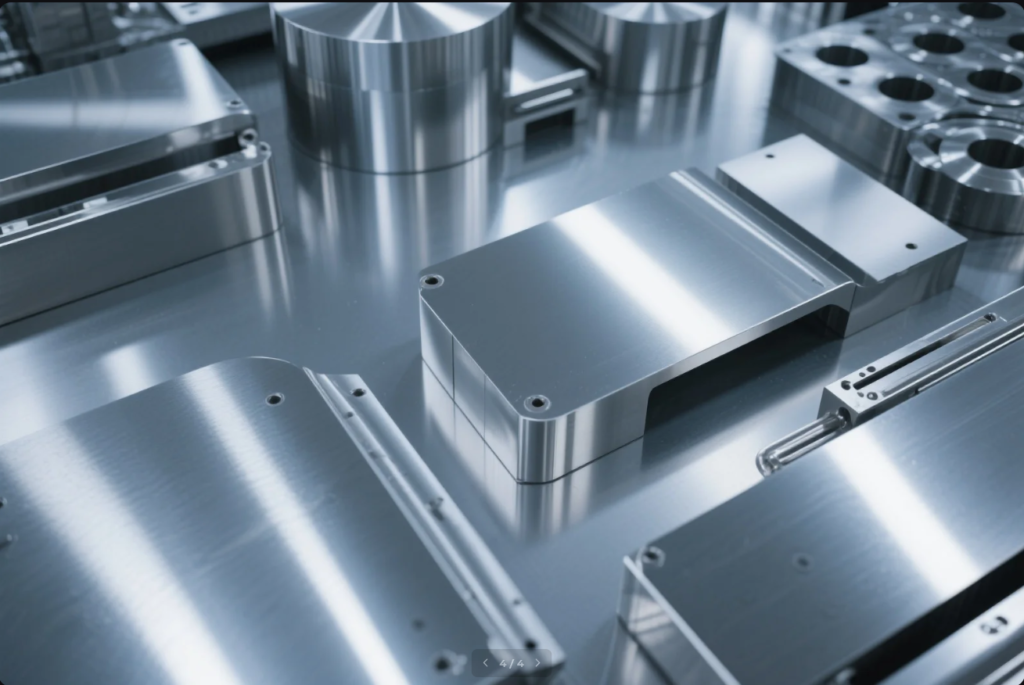
Finishing operations typically include
| Process | Purpose |
|---|---|
| Deburring | Remove burrs and sharp edges |
| Polishing | Improve smoothness and reflectivity |
| Coating | Add protective or decorative layers |
| Cleaning | Prepare surface for packaging/use |
At Prime, finishing ensures your parts meet both technical drawings and aesthetic expectations. Our team inspects every batch for coating thickness, color consistency, and edge cleanliness.
What are the three main categories of surface treatment?
Treatments fall into three primary technical groups.
The three categories of surface treatment are mechanical, chemical, and electrochemical.
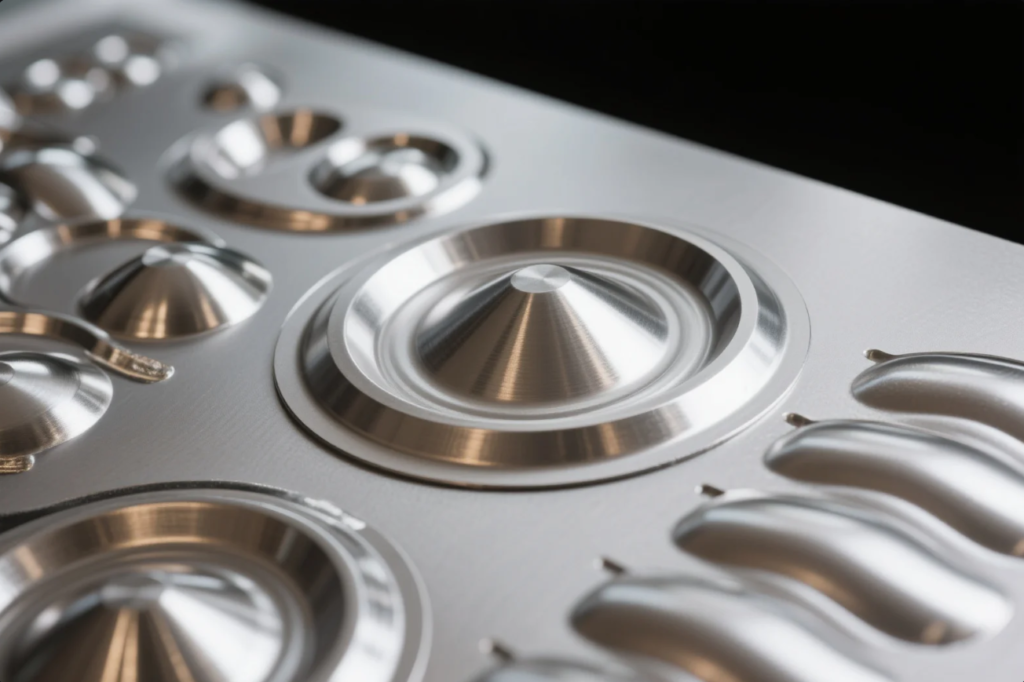
Classification by treatment method
| Category | Examples | Effect |
|---|---|---|
| Mechanical | Sandblasting, polishing | Texture, adhesion improvement |
| Chemical | Phosphating, anodizing | Corrosion resistance |
| Electrochemical | Electroplating, electropolishing | Decorative, conductivity |
Prime provides all three categories, ensuring our clients get surface-treated parts that are fit-for-purpose, whether in harsh outdoor settings or cleanroom environments.
FAQs
Q1: What’s the difference between a treatment and a finish?
A treatment alters surface properties; a finish focuses on texture or appearance.
Q2: Can I use both on the same part?
Yes. For example, sandblast + anodize or polish + chrome plate are common combinations.
Q3: Does surface finish affect function?
Absolutely. Roughness impacts sealing, movement, and bonding.
Q4: Can Prime control specific surface roughness (Ra)?
Yes. We offer Ra 0.2–3.2µm depending on the method and material.
Q5: Are these processes RoHS/REACH compliant?
We offer full documentation and compliance for EU and U.S. export standards.
Conclusion
From anodizing to polishing, surface treatments and finishes are essential to part quality and usability. Choosing the right method means better durability, functionality, and aesthetics.
Contact Us
Need custom-finished CNC parts, treated stamping components, or precision surface control?
✅ ISO-certified finishing lines
✅ RoHS/REACH options available
✅ Visual and functional quality guaranteed
🔗 Website: https://primecustomparts.com/
📧 Email: [email protected]
Let Prime deliver finished parts built to your exact standards—on time and globally compliant.

